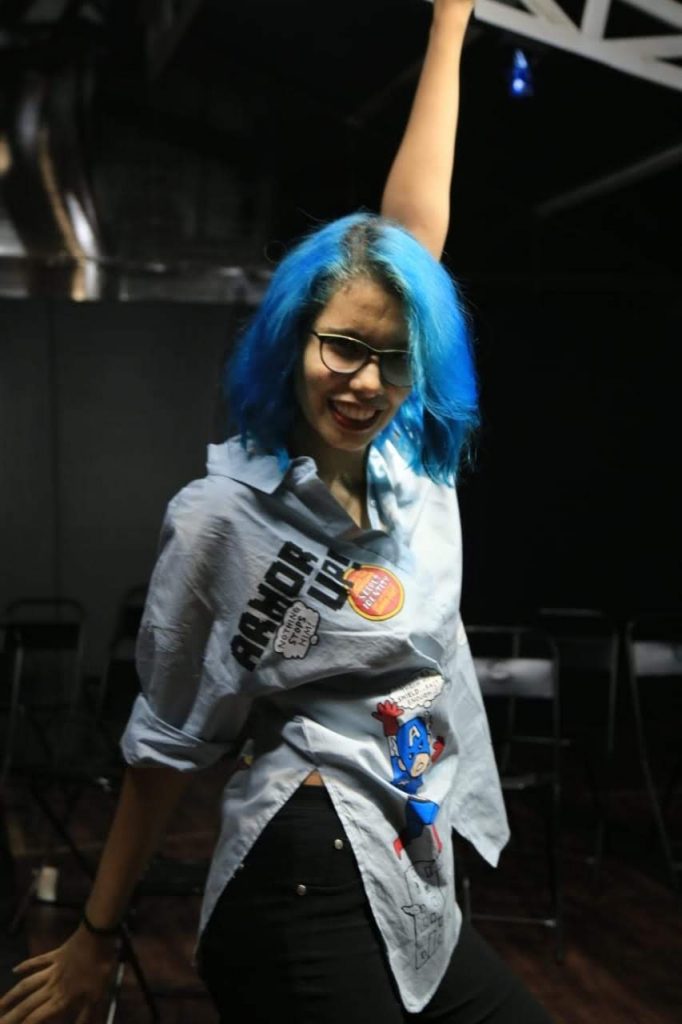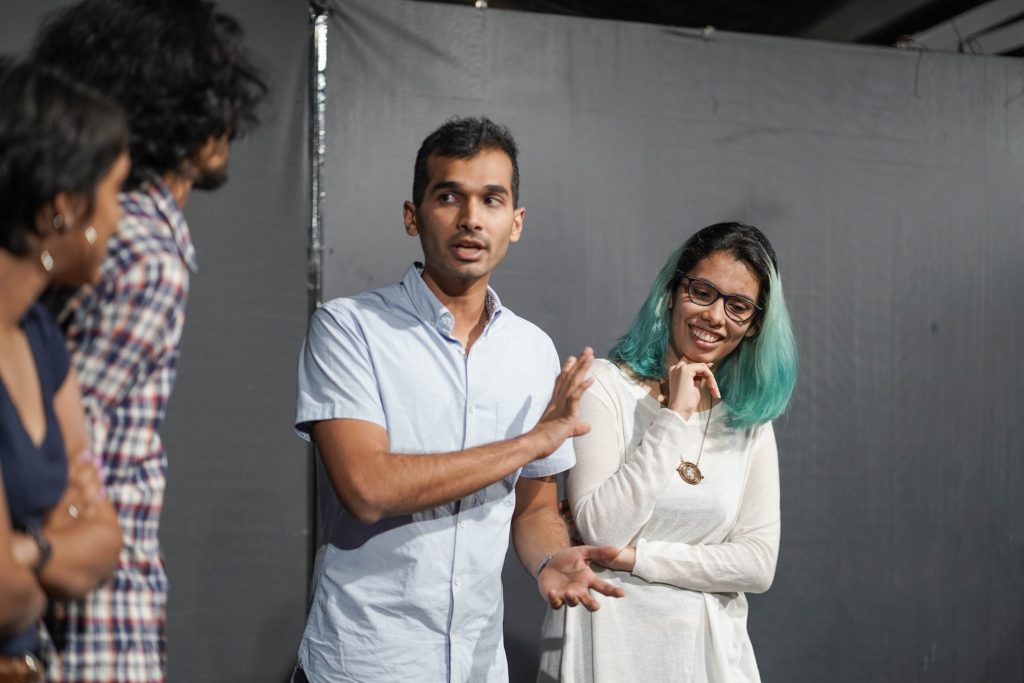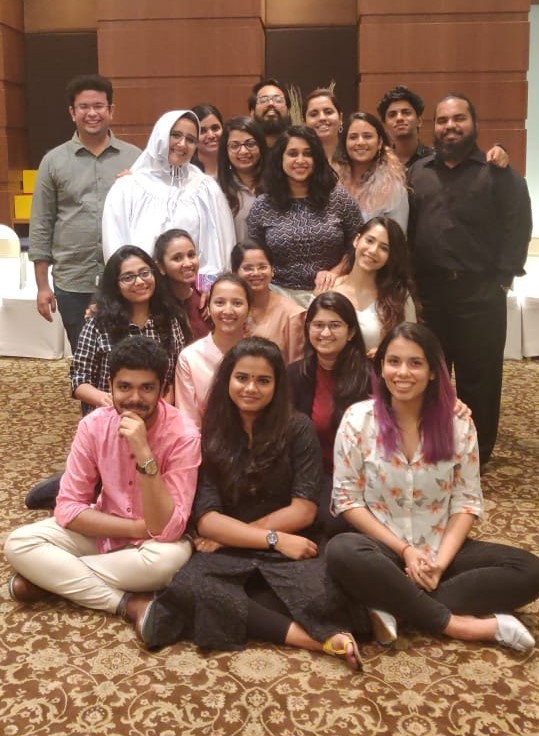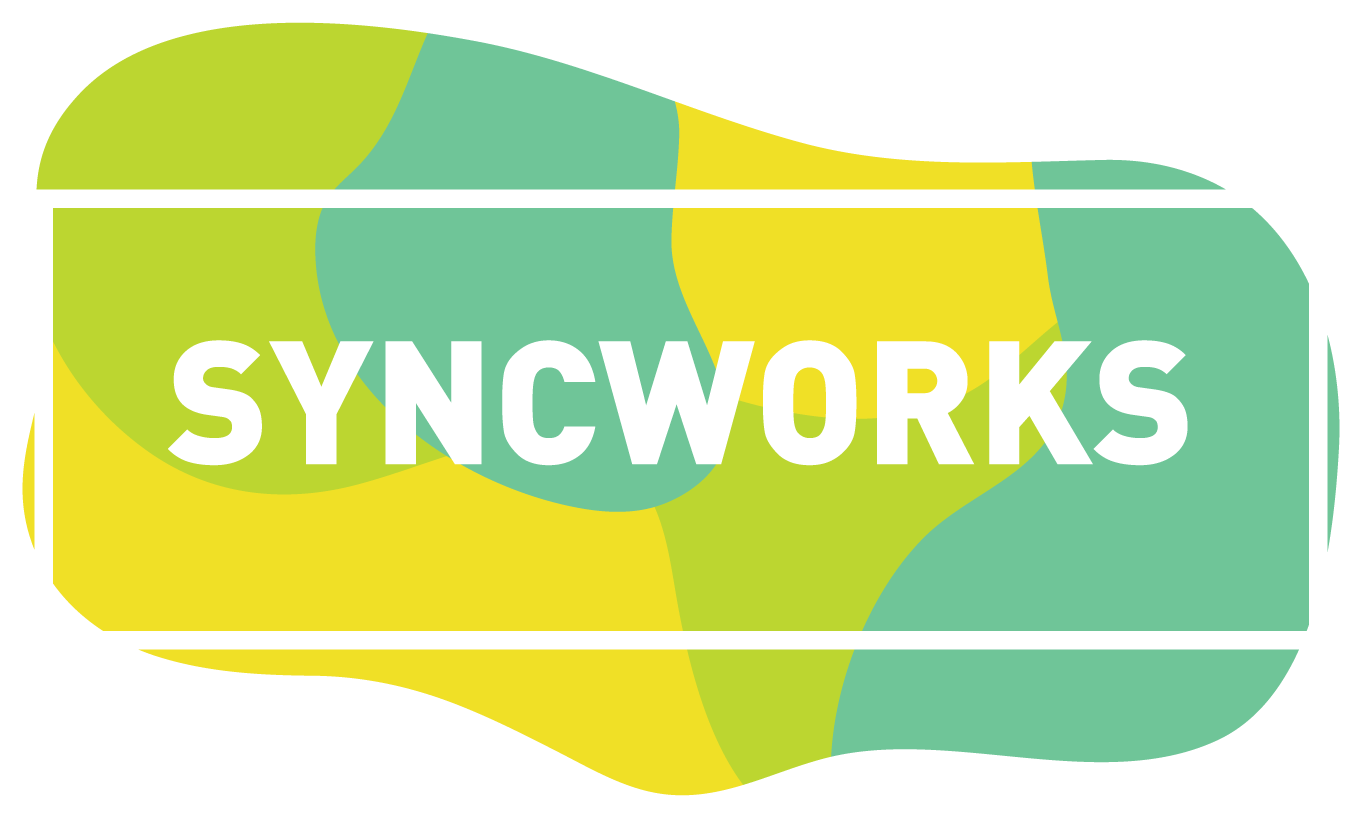Yes, and.
“What?!”
Make your fellow improviser look good.
“How the hell do I do that!?”
Hyper listening.
“Hyper-what-now?”
The truth is funny.
“Well, okay. Noted.”
This was my brain, four years ago; in my first ever improv workshop. The facilitator gave us these principles of improv, the secret recipe to create magic on stage – out of nothing. Cut to 4 years later, these principles have shaped me as a person, impacted my work, and helped me connect with my team and stakeholders.
Wait, let’s take a step back and start with the basics. What is improv? It is a form of theatre or comedy where the entire performance is unplanned and unscripted. Everything that is created by the performers is spontaneous, based on suggestions from the audience. No two shows will ever be the same. The best reference I can provide is the show, ‘Whose Line is it Anyway?’. The principles of improv are not just for the stage. I saw them as life tools, applied them everywhere possible. In retrospect, I applied them a little too much.

Yes, And
This is the first thing you will ever be told in an improv workshop. An improviser must accept whatever has been suggested on stage (yes). Not only accept and acknowledge but also add and build the idea (and). This is drilled in all improvisers everywhere around the world. This principle is the reason why people wonder how we can create stories without rehearsing. Here is an example of how it works.
Improviser A: Look, I found a pink squirrel that makes the best sushi I have eaten.
Improviser B: Oh, thank god, you found it! It can help me prepare for my sushi eating competition.
Here we have taken the story forward by just saying yes and building on the idea.
At work, yes, and can be used in teams when problem-solving and brainstorming. Pretty soon, you’ll see that the idea doesn’t belong to one person, but a team. It helps you listen to the team. It makes the team feel heard and gives way to brilliant ideas. Remember; Colgate increased its sales by 40% by taking an idea from the housekeeping staff.

Make Your Fellow Improviser Look Good
As an improviser, it is your job to make your stage partner look good. You must be the punchline to their joke. Improv is a team sport and not a one-person show. If your fellow improviser looks good, gets the laugh, and delivers the final punchline, then it is a good show. Set your stage partner up for success to give the audience a show they paid for.
At work, this translates as enabling and empowering the team to do better. The appreciation may not have a name on it; however, the company benefits from it. You need to set your team up for success. It builds their confidence to take higher risks and bolder decisions.

Hyper Listening
At any point, multiple things are happening on stage. An improviser cannot miss out on even a single one. The audience is always listening and paying attention. The only way to successfully do this is to listen. When I say listen; I mean, not do anything else. You can’t even be thinking of what to say next until you have heard everything that has been said.
There is an analogy that has stuck with me for a while. Improv is like driving a car where you can’t see anything ahead. However, you can see in the rear-view mirror and see where you have been. This knowledge will help you build where you want to go. At work, we must take in all perspectives and be aware of all facts before taking a decision. Listen carefully and completely to take an informed step in the right direction.

The Truth is Funny
I used to try being funny, crack jokes, go for the low hanging fruit. I was desperate for a laugh. To me, a burst of laughter from the audience meant I was doing a good job.
In improv, it became a struggle where I would get discouraged because I wasn’t “funny.” Nothing mattered unless was not doing a good job. It wasn’t until I read the lines, “the truth is funny” that it hit me like a bulldozer. I didn’t have to crack jokes to be funny, I just had to use the most mundane things that happen every day, the things that are true for most people. Improv is where the audience is a part of the show. After that, I didn’t care if the audience laughed, I cared if they came up to me and said, “hey, what you did on stage, I can relate, happens to me every day.”
At work, it made me realize that we all live in the same reality. Understanding how different people work, acknowledging that difference, and catering to it helped me bring the best out in my team.

In Summary
Improv, I believe, can take a team from paranoia to pronoia. Pronoia, the opposite of paranoia, is the feeling where you think everyone around you is conspiring for your good and upliftment. A team that works in that state of mind will always work together, deliver better results, and build an environment that accommodates growth.

